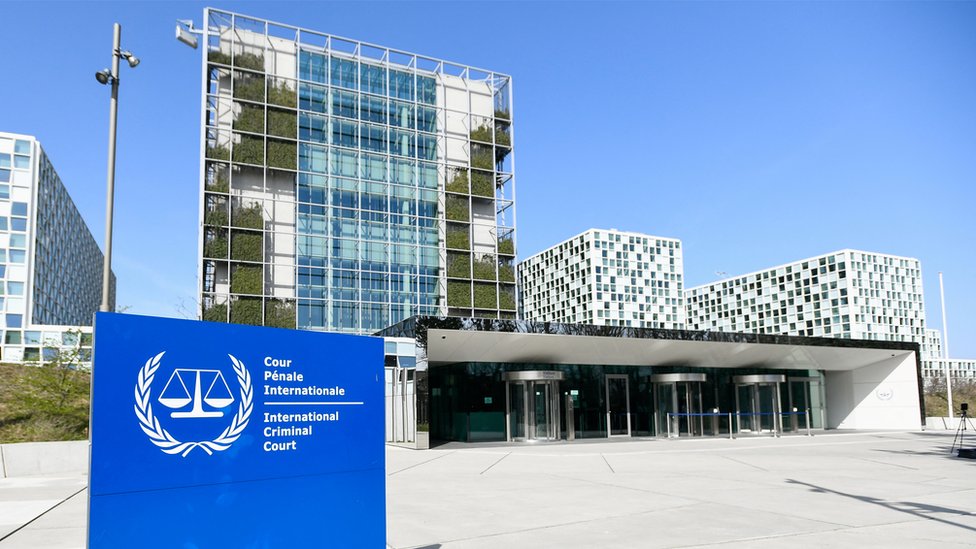Qatar joins 14 other nations in submitting written comments to the ICJ for legal proceedings against Israel over its occupation of Palestine.
Qatar, along with 14 other countries and blocs, has submitted written comments to the International Court of Justice (ICJ) for the advisory proceedings on the legal consequences of Israel’s occupation of Palestine, Wafa reported on Wednesday.
The submissions came in response to the ICJ’s request in February for observations and responses that may be raised at the court for an advisory opinion on the legal consequences of the Israeli occupation of Palestine.
According to Wafa, the countries and blocs that filed their responses to the ICJ included: Qatar; Jordan; the Organization of Islamic Cooperation; Belize; Bangladesh; Palestine; the United States; Indonesia; Chile; the Arab League; Egypt; Algeria; Guatemala; and Namibia.
The ICJ’s decision to move forward with the proceedings came after the United Nations General Assembly (UNGA) adopted a resolution on December 30, 2022, seeking the court’s opinion on the legality of Israel’s occupation of Palestine.
Qatar was among the majority of 98 countries that voted in favour of the resolution, which Palestinian officials described as a major victory for Palestine as Israel continues its occupation without accountability.
A total of 24 other countries, including Israel’s main ally the US, had voted against the resolution, as 53 members abstained.
Following the vote, Palestine’s Permanent Observer to the UN Riyad Mansour said the resolution also focused “on the violation of the Palestinian people’s right to self-determination”.
Just days after the vote, Israel announced sanctions against the Palestinian Authority in Ramallah, limiting construction in the occupied West Bank while deducting millions from the government’s tax money.
While the ICJ’s rulings are binding, it does not hold power in passing them.
In 2004, the ICJ gave the UN an advisory opinion on “the legal consequences” of Israel’s illegal construction of the West Bank separation wall, under which the Zionist state annexed the Palestinian territory.
The ICJ had said it was “contrary to international law”.
Despite the ruling, Israel continued to act with impunity while constructing more checkpoints, illegal barriers, and expanding its settlements and separating Palestinian families.
Israel occupied the West Bank, Gaza, and East Jerusalem in a bloody war in 1967, widely known as “the Six-day War” and Naksa, or “setback”.
Within six days, Israel captured the majority of Palestine while forcibly displacing at least 300,000 Palestinians.
Israel is currently waging the most brutal war on Gaza in years, killing more than 1,500 Palestinians including 4,710 children – making up almost half of the death toll.
The Israeli occupation forces have been advancing into the Strip since last month amid Israel’s plans to “wipe Hamas off the face of the Earth.”
Since the start of the war on October 7, the International Criminal Court (ICC) has been facing growing calls to investigate Israel’s continuous atrocities in Gaza and hold it accountable for massacring Palestinians in the Strip.
While the demands have displayed clear positions from some nations in the Israeli aggression, experts have little hope in action being taken.
“Will the ICC do anything? Absolutely not. They never have and never will,” Diana Buttu, a Palestinian lawyer and former spokesperson of the Palestinian Liberation Organisation (PLO), virtually told Doha News on Sunday.
The prominent Palestinian expert outlined a number of reasons stopping the ICC from holding Israel accountable. Buttu first noted that Israel is not a member of the ICC whereas Palestine is, making the former not subject to the court’s jurisdiction.
The occupying state has long refused to sign the Rome Convention to join the ICC and even pressured the Palestinian Authority to not take action against it. This was seen on multiple occasions throughout history amid the decades-long Israeli occupation of Palestine.
In shielding its ally from accountability, the US Congress, under the Donald Trump administration, had proposed legislation in 2015 calling for the suspension of aid to Palestine if it joins the ICC.
“The ICC has been really loath to investigate anything that’s relating to Palestine, we saw this happen in 2008, 2009, and we saw it again in 2014. We saw one prosecutor after another kick the can down the road to the next prosecutor so that they don’t actually deal with the issue,” Buttu said.







